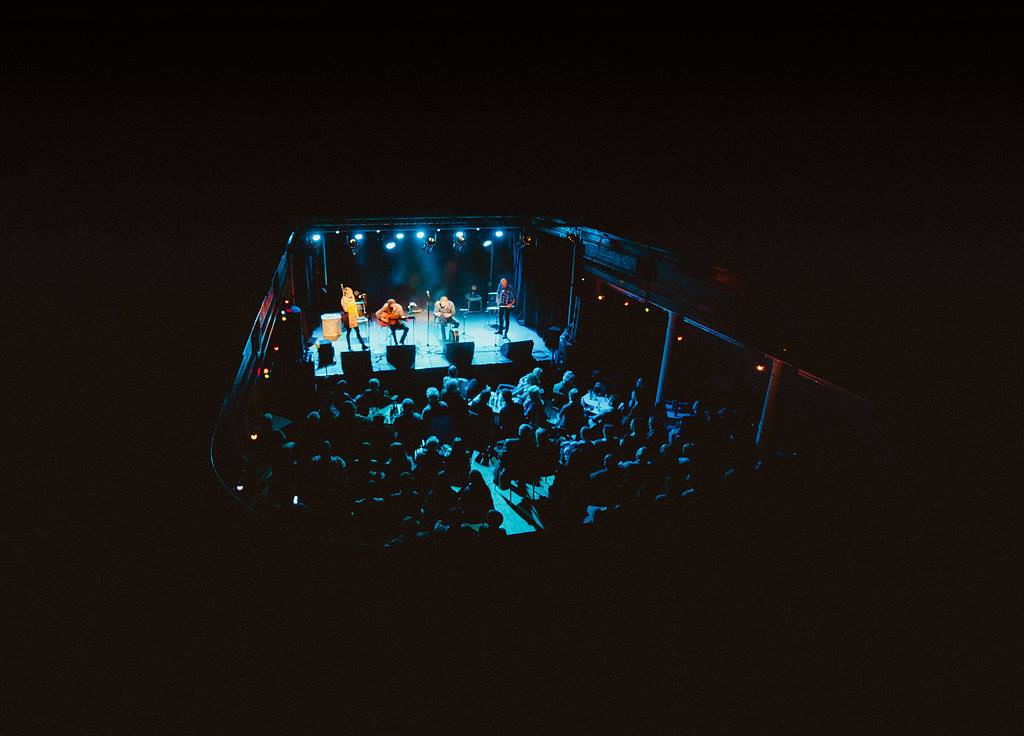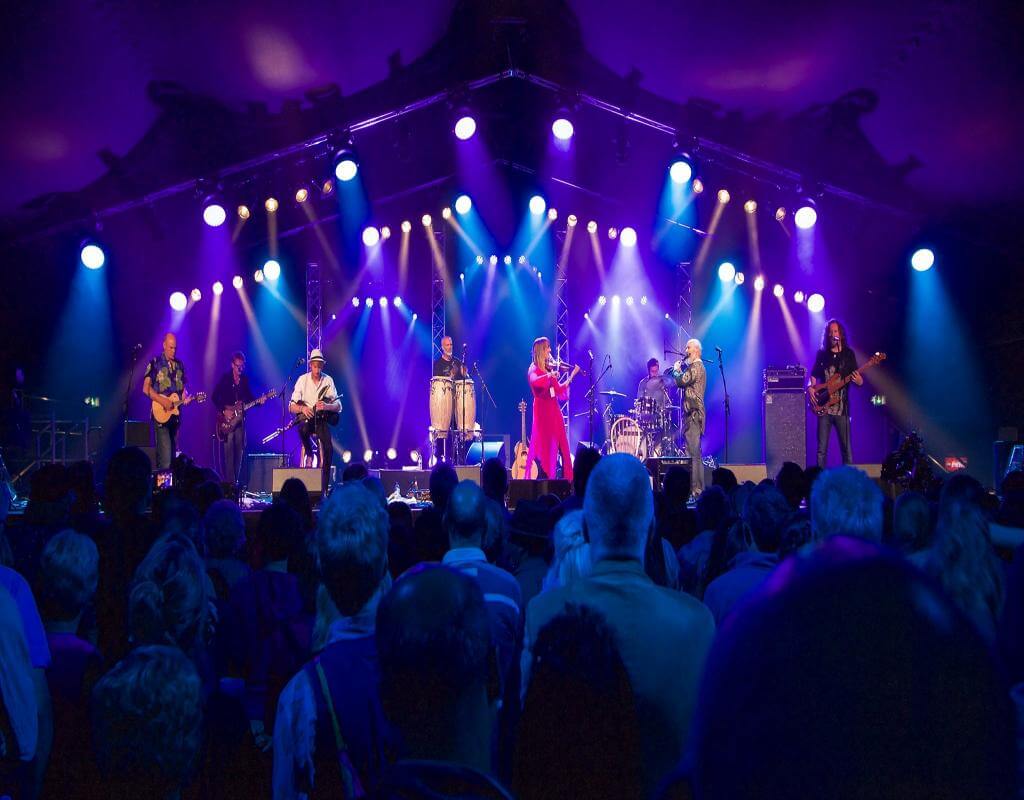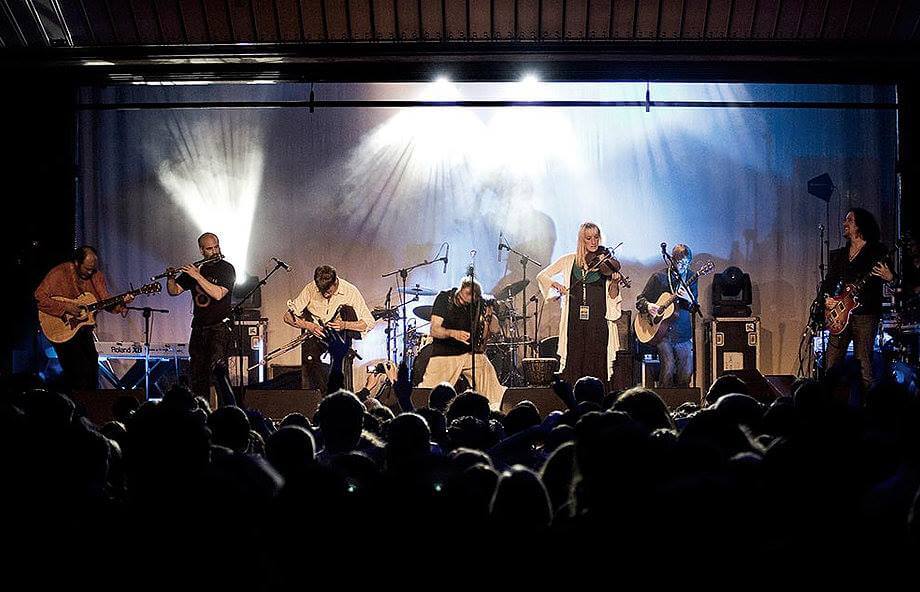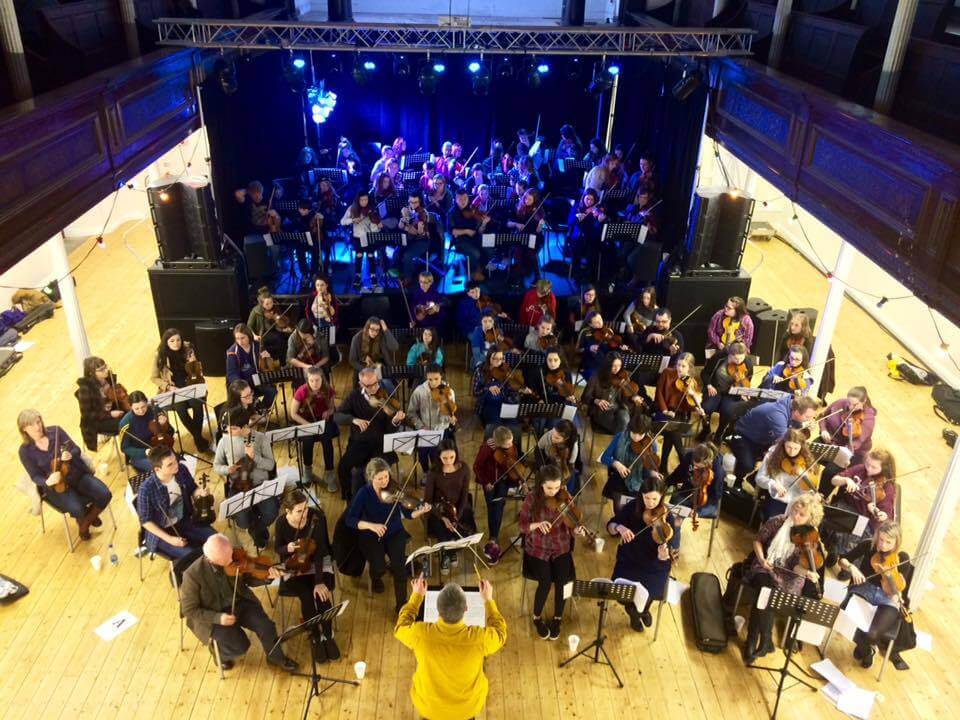What is the festival of Imbolc?
A pagan and Wiccan feast called Imbolc represents the equinox halfway between the winter solstice (Yule) and the spring equinox (Ostara). It is a Celtic holiday that has various names, including Candlemas and Oimelc.
What are the traditions of the Imbolc?
In more recent years, Imbolc customs have included weaving Brigid's crosses and creating a Brigid doll (a Brideog) that was carried through the neighborhood by females, occasionally escorted by "strawboys."
How do you celebrate Imbolc in Ireland?
Imbolc is frequently observed in Ireland by commemorating St. Brigid with sacrifices, feasts, and bonfires, making Brigid dolls or crosses, cleaning the house, preparing the garden for planting, and sowing both real and symbolic seeds for the future.
How do you make an Imbolc cross?
To form a cross, take one straw and tuck it inside another straw. How to make an Imbolc cross is described here.
Is Imbolc a fire festival?
Imbolc was a fire festival because, like many other Celtic holidays, it was celebrated by lighting fires. Since Brigid, the Goddess of fire, fertility, and healing, also had a sacred day on this festival, fire played a significant role in it.
What is Brigid's symbol?
The Brigid's cross, which is frequently woven into the shape of a diamond or a lozenge, is Brigid's emblem.
How is Imbolc calculated?
Imbolc is determined by dividing the number of days between the winter solstice and spring equinox by two because it is thought to occur midway between the two.
What is the Irish word for Imbolc?
The name "Imbolc" comes from the Irish "i mbolg," which in the old Irish Neolithic language meant "in the belly" or "first milk."
What are alternative names for Imbolc?
Also known as the Feast of Pan, Feast of Torches, Feast of Waxing Lights, and Oimele.
What is Imbolc for kids?
Imbolc is a Celtic holiday honoring the arrival of spring's first light, which signals the end of winter's darkness.
 IRLRockFolk Rock
IRLRockFolk Rock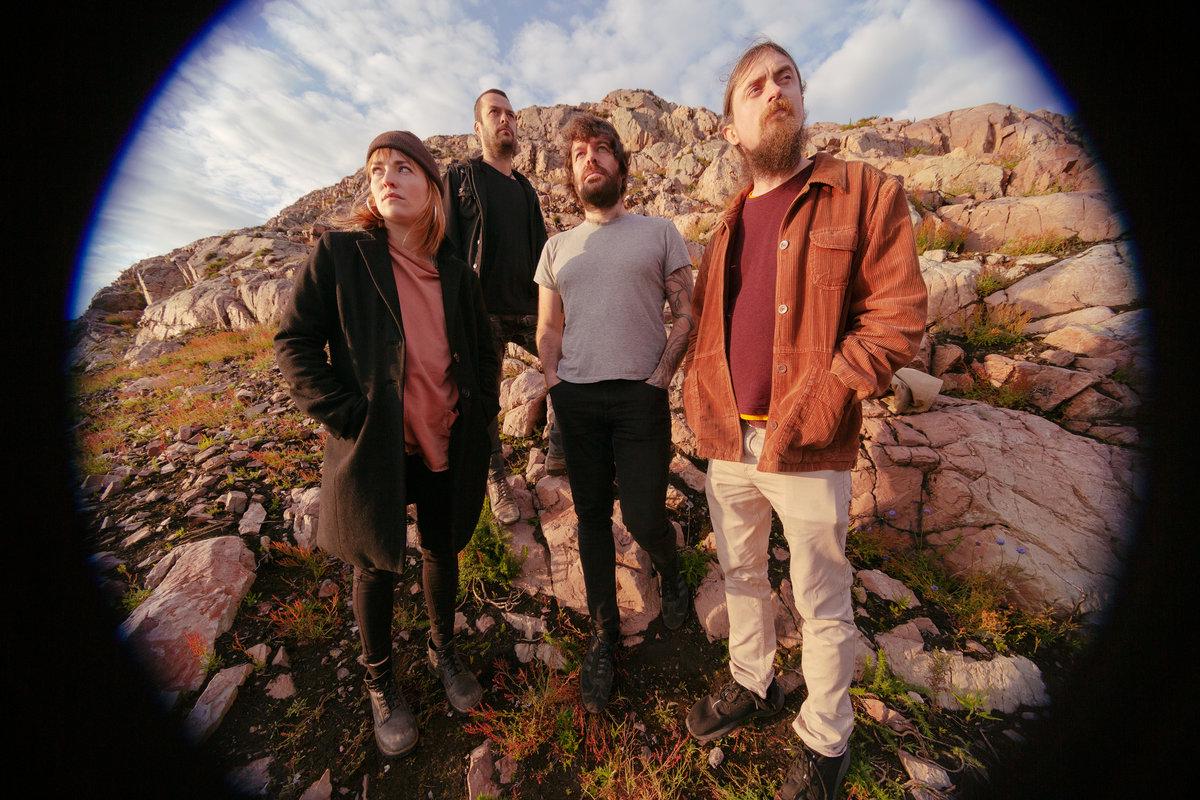
 IRLRockIndie Rock
IRLRockIndie Rock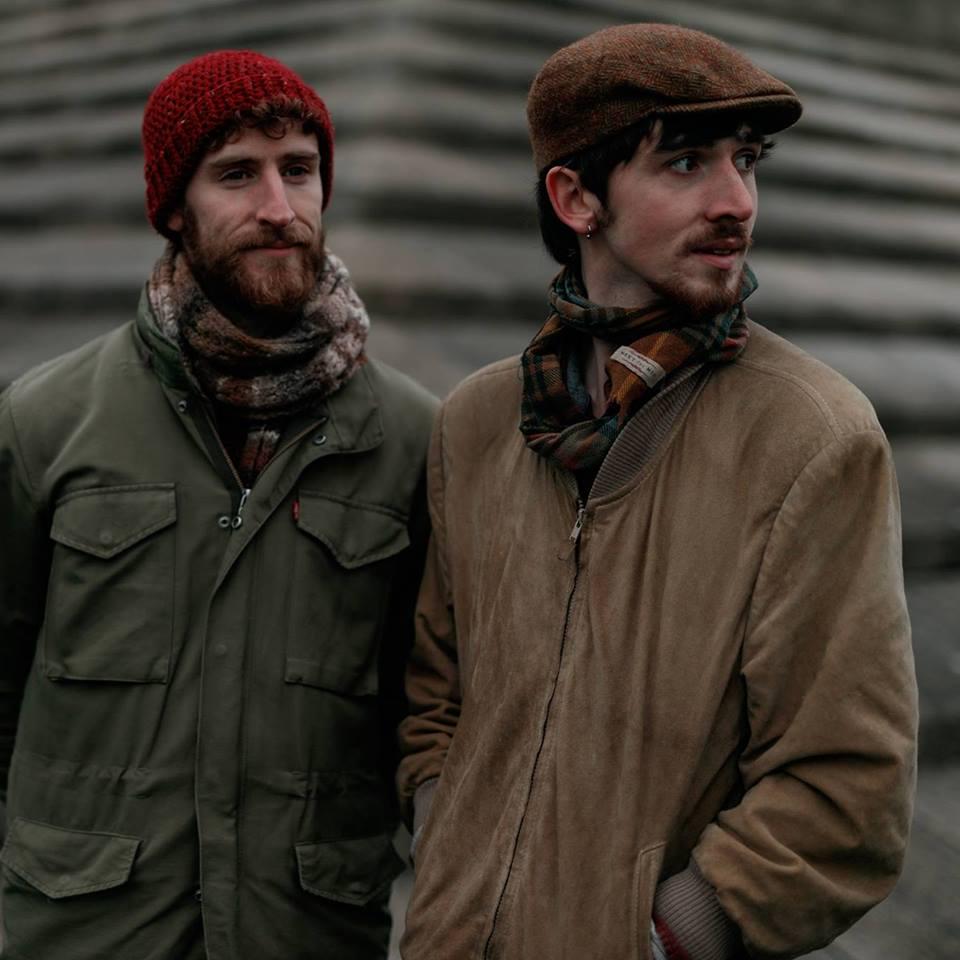
 IRLEuropeanCeltic
IRLEuropeanCeltic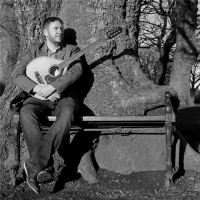
 GBRClassicalOrchestral
GBRClassicalOrchestral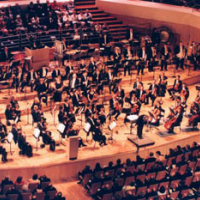
 IRLPopMainstream Pop
IRLPopMainstream Pop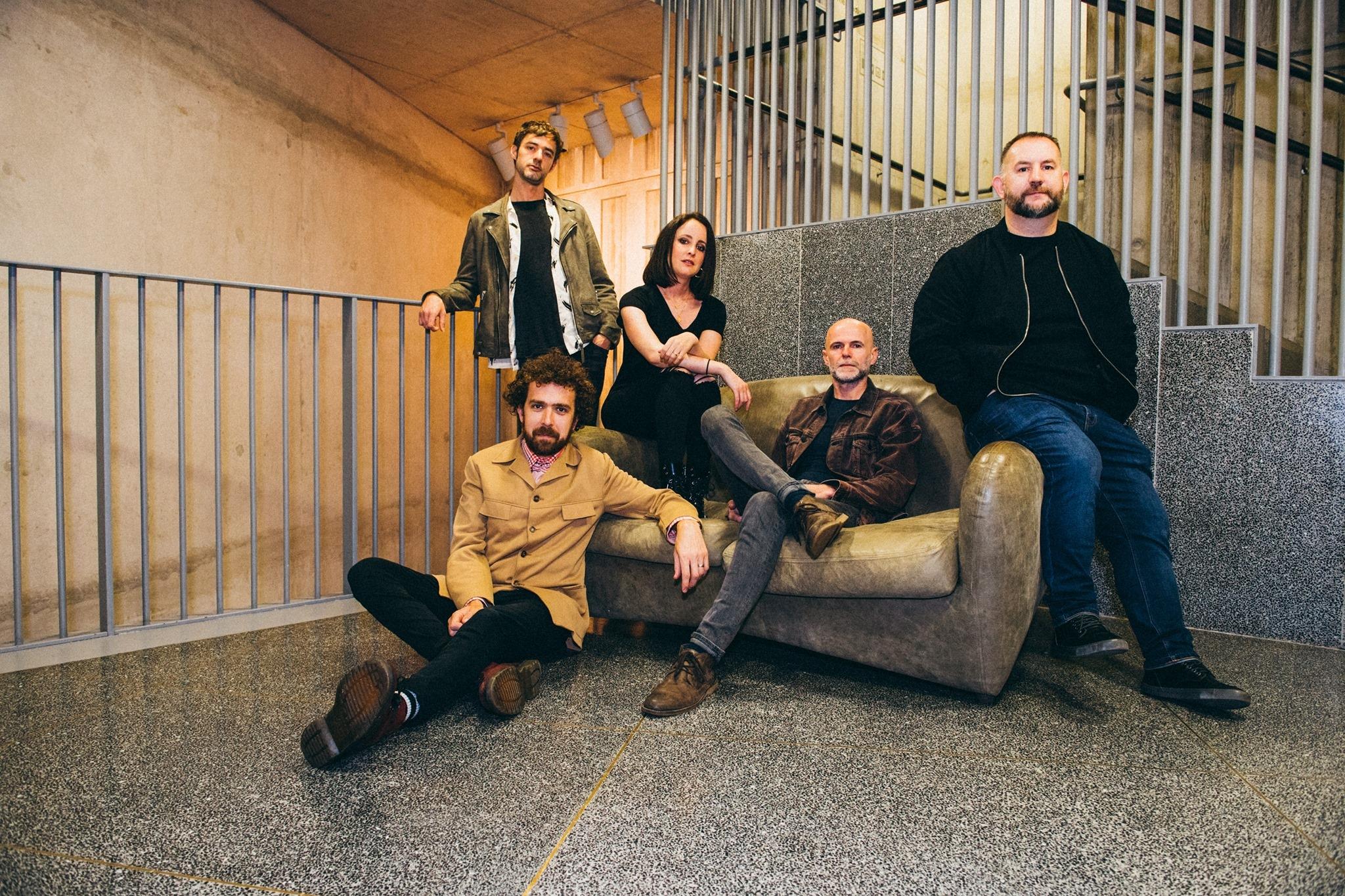
 Viberate
Viberate


